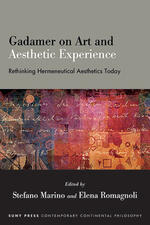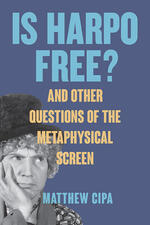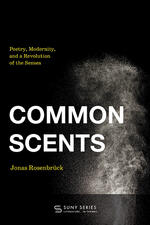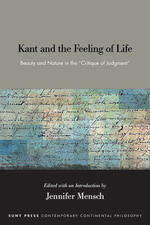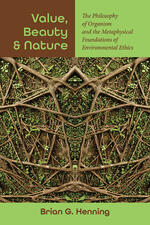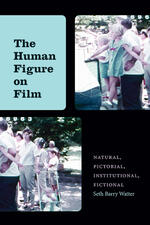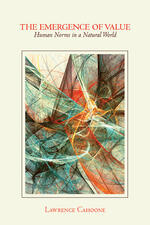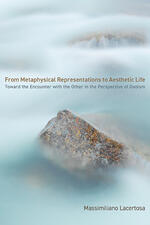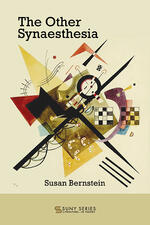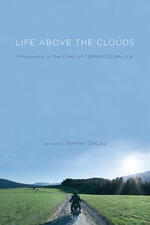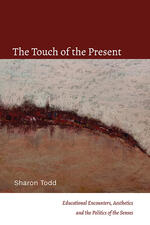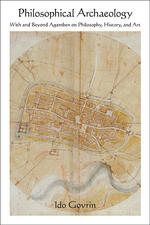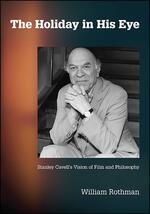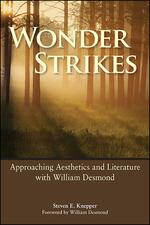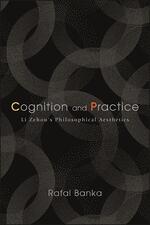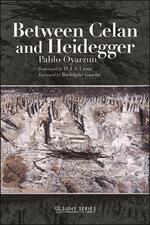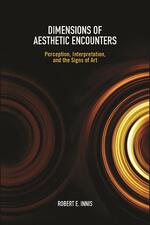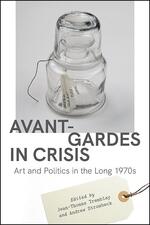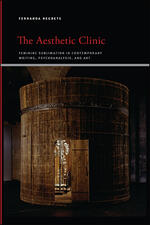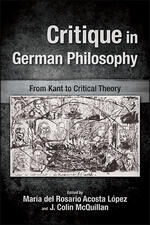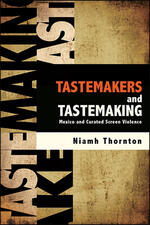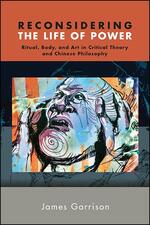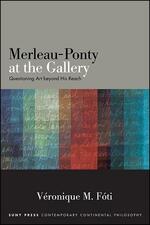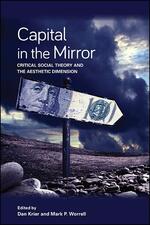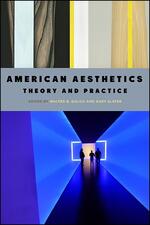Aesthetics
Gadamer on Art and Aesthetic Experience
Original essays on Hans-Georg Gadamer's hermeneutical aesthetics and philosophy of art, written by some of the most important authors in this field, disclosing the possibility of a renewed understanding of Gadamer's thinking in the context of current aesthetic debates.
Is Harpo Free?
Examines how philosophical concepts like free will, personal identity, and goodness are given an artistic life in films and television programs.
Common Scents
Attends to the much-neglected sense of smell in and around modern poetry to suggest the possibility of a revolution of the senses.
Kant and the Feeling of Life
Collects together for the first time essays devoted to a detailed historical and systematic discussion of the topic of life in Kant's work.
Value, Beauty, and Nature
Argues that, to make progress within environmental ethics, philosophers must explicitly engage in environmental metaphysics.
The Human Figure on Film
Offers a fresh approach to the problem of the human figure in an age of digital cinema.
The Emergence of Value
Argues that truth, moral right, political right, and aesthetic value may be understood as arising out of a naturalist account of humanity, if naturalism is rightly conceived.
From Metaphysical Representations to Aesthetic Life
Reevaluates Western and Chinese philosophical traditions to question the boundaries of entrenched conceptual frameworks.
The Other Synaesthesia
Reconsiders the figure of synaesthesia, understood as the combination of the senses and of the arts, in philosophy and literature.
Life Above the Clouds
The definitive philosophical exploration of the work of pioneering filmmaker Terrence Malick.
The Touch of the Present
Explores the importance of the body and the senses in educational encounters, drawing out the aesthetic and political dimensions of educational practices.
Philosophical Archaeology
Explores the potential for a novel philosophy of history to be uncovered by tracing the connections between Giorgio Agamben's work (theoretical practice) and contemporary art (artistic practice).
The Holiday in His Eye
Presents an original, insightful, and compelling vision of the trajectory of Cavell's oeuvre, one that takes his kinship with Emerson as inextricably bound up with his ever-deepening thinking about movies.
Wonder Strikes
The first book-length examination of the prominent contemporary philosopher William Desmond's approach to aesthetics, art, and literature.
Cognition and Practice
Explores the aesthetic theory of one of China's most important and influential contemporary philosophers.
Between Celan and Heidegger
Probing reassessment of the relation between Celan's poetry and Heidegger's thought.
Dimensions of Aesthetic Encounters
A novel fusing of multiple approaches and range of examples exploring the dimensions, objects, and import of aesthetic encounters.
Avant-Gardes in Crisis
Charts underexamined genealogies of minoritarian aesthetic responses to the multiple crises of the long 1970s.
The Aesthetic Clinic
Examines experimental art and literature by women alongside psychoanalysis and philosophy to develop a new understanding of sublimation and aesthetic experience.
Critique in German Philosophy
Traces a conceptual history of critique in German philosophy from the eighteenth century to the present.
Tastemakers and Tastemaking
Considers how and why taste persists in the analysis of Mexican film and television by looking at key figures and their impact on the curation of violence.
Reconsidering the Life of Power
Offers a compelling intercultural perspective on body, art, self, and society.
Merleau-Ponty at the Gallery
A study of the significance of the visual arts in Merleau-Ponty's aesthetics in relation to the work of five artists not known or discussed by him.
Capital in the Mirror
Analyzes contemporary capitalism through the products of culture and art for fresh insight into emancipatory possibilities concealed within capitalism’s darkest dynamics.
American Aesthetics
Proposes a distinctly American approach to aesthetic judgment and practice.
